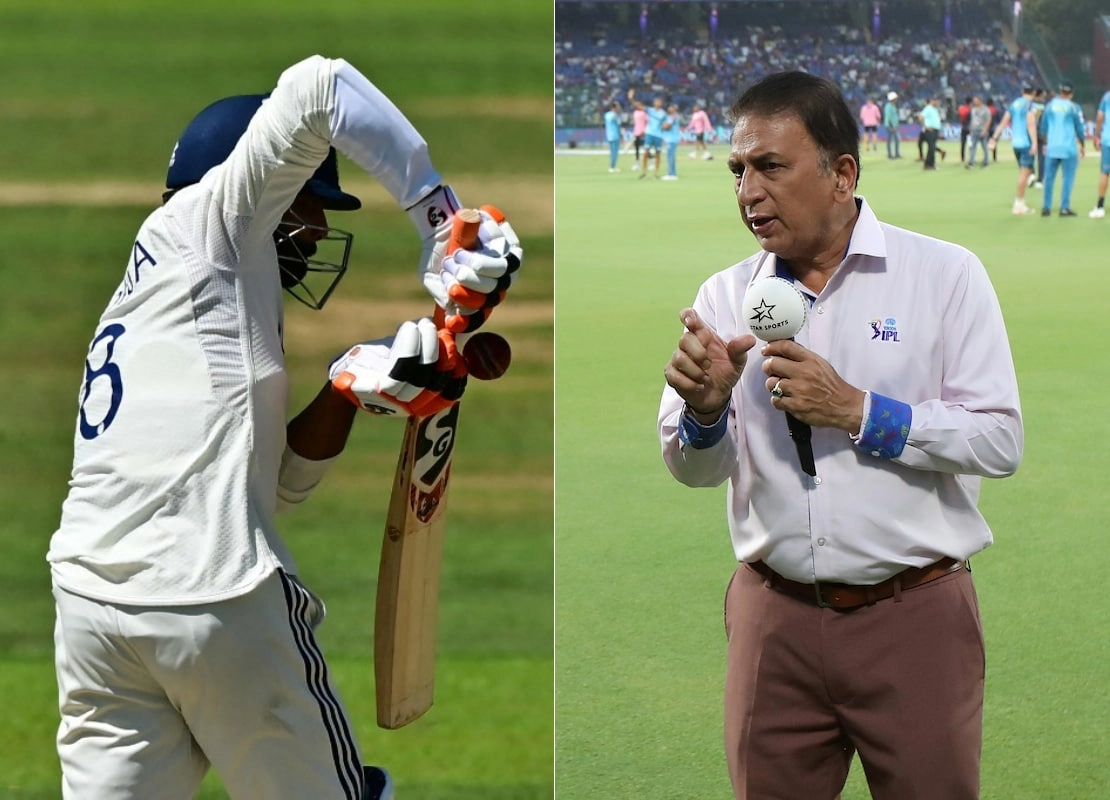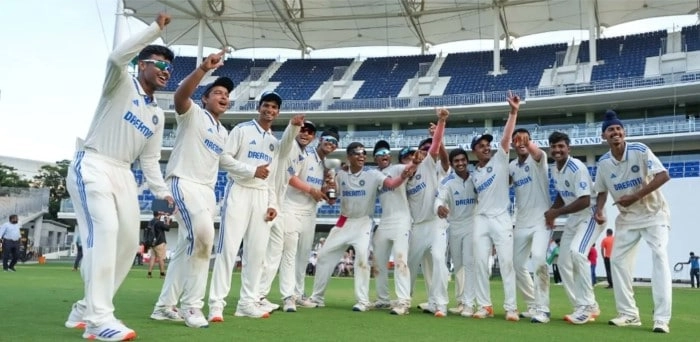The ongoing tensions between India and Pakistan have once again captured the attention of the sports world, particularly in the context of the recent remarks made by former Indian cricketer Virender Sehwag and Olympic gold medalist Neeraj Chopra. Sehwag, known for his candid opinions, emphasized that Pakistan will never forget the historical conflicts and grievances that have shaped their relationship with India. His statement reflects the deep-rooted emotions and sentiments that often surface in discussions around cricket, a sport that transcends borders yet frequently becomes a platform for national pride and rivalry.
Neeraj Chopra, who recently achieved international fame by winning a gold medal in javelin at the Tokyo Olympics, also weighed in on the matter. His perspective adds a nuanced layer to the discourse, highlighting how sports can both unite and divide nations. Chopra’s voice is particularly significant as he represents a new generation of Indian athletes who are navigating the complexities of international competition amid geopolitical tensions. His comments resonate with many young Indians who aspire to break barriers through sports while remaining aware of the historical context that often overshadows such achievements.
The rising tensions between India and Pakistan can also be seen as a reflection of the broader political landscape. As athletes like Sehwag and Chopra engage in discussions about these issues, they inadvertently remind fans and followers of the delicate balance between national pride and the need for peaceful coexistence. Sports, while often a source of joy and unity, can also amplify existing divides, especially when national identities are at stake. The cricketing rivalry between India and Pakistan is one that has been fueled by decades of conflict, and each match is charged with significance that goes beyond the sport itself.
In this context, the statements from Sehwag and Chopra serve as a reminder of the complexities inherent in sports diplomacy. While the passion and rivalry are enduring, the hope remains that dialogue and mutual respect can emerge from such interactions. As athletes continue to make their marks on the world stage, they hold the potential to influence perceptions and foster understanding, even amidst the backdrop of historical grievances. The conversations sparked by their remarks underscore the importance of addressing these issues with sensitivity and a forward-looking perspective, emphasizing that sports can indeed be a bridge for peace rather than a battleground for rivalry.




